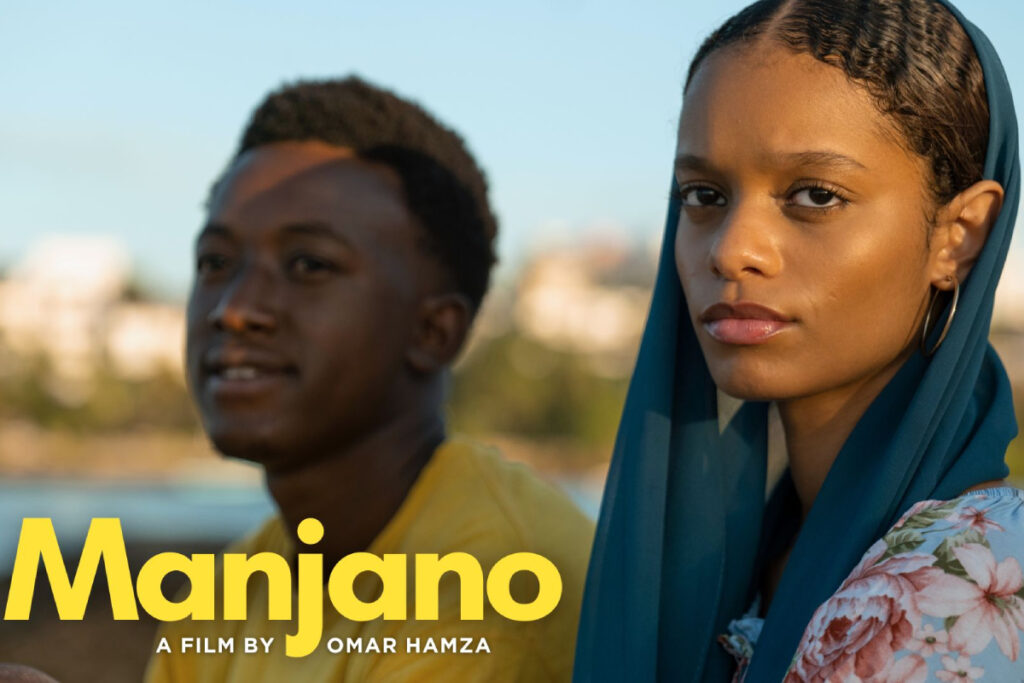
The upcoming Locarno Film Festival will showcase a diverse lineup of films from emerging African filmmakers during its Open Doors program, running from August 7 to 12, 2025. Highlighted films include the queer romance Kachifo, Till The Morning Comes, the Johannesburg funeral farce Death & Its Friends, and the lighthearted heist film The Color Yellow (known as Manjano). These works reflect a vibrant and evolving narrative landscape within African cinema.
Directed by Dika Ofoma, Kachifo is produced by Blu House Studios, led by Blessing Uzzi. This film explores themes of love and identity within the context of Nigeria’s complex societal norms. Uzzi, who previously produced the successful film Freedom Way at the 2024 Toronto Festival, emphasizes the film’s significance in a country where queer love often faces censorship.
Meanwhile, Kudi Maradzika, producer of Death & Its Friends, describes the film as a darkly comedic family drama. It follows Moira, a single mother from Zimbabwe, as she grapples with her newfound wealth following an unexpected inheritance in Johannesburg. Maradzika likens the film to a blend of Parasite and Triangle of Sadness, highlighting its exploration of family dynamics and societal expectations.
The heist film The Color Yellow offers a fresh perspective on African storytelling. Set in Kenya and produced by Giza Visuals, it features a group of misfits who come together to pull off a heist, showcasing a feel-good narrative rarely seen in mainstream representations of Africa.
In addition to these films, the program includes Princess Téné, recognized with a top development award at the December Atlas Workshops. Producer Moustapha Sawadogo aims to bring unique African stories to a broader audience, while The Bilokos presents a documentary feature focused on the Katindo military camp in the Democratic Republic of Congo, portraying the lives of former soldiers and their families.
Exploring New Narratives in African Cinema
At Open Doors, many projects emphasize social realities, moving away from conventional portrayals of hardship. Director Azata Soro describes her project Diary of a Goat Woman as a personal exploration of the societal roles imposed on women. Similarly, producer Leul Shoaferaw highlights The Headstone as a coming-of-age story set against a backdrop of significant sociopolitical change.
The films in this year’s lineup strive to challenge stereotypes and offer a more nuanced view of African life. For example, Naishe Nyamubaya presents Black Snake, which combines grounded drama with magical realism to create a bold commentary on identity and nationhood. In this way, the filmmakers aim to push boundaries and redefine narratives traditionally associated with African cinema.
Director Dika Ofoma noted the challenges faced by LGBTQ+ narratives in Nigeria, stating, “Kachifo faces possible censorship in a society where queer love is often rejected.” This highlights the importance of platforms like Open Doors in championing diverse voices and stories.
Challenges and Opportunities for African Filmmakers
A significant hurdle for African filmmakers remains securing funding for their projects. The Open Doors panel on August 9 will address potential solutions, emphasizing collaboration and co-production as key strategies. Daoud Jackson, an analyst with Omdia, noted that the limited presence of streaming services in Africa has hampered content production and distribution. He emphasized the need for a robust ecosystem that includes multiple players to support local filmmakers.
Despite these challenges, some producers are finding ways to marry film and television production. For instance, Jules Soulaymane Dieng of Thiely Films in Senegal is developing both film and television projects, showcasing the potential for broader storytelling avenues.
As the international market for film continues to diversify, African filmmakers are poised to make significant contributions. Moustapha Sawadogo points out that Africa is rich in stories waiting to be told, many of which remain unknown to global audiences. The projects presented at Open Doors reflect a commitment to storytelling that is authentic, vibrant, and representative of contemporary African life.
The upcoming Locarno Film Festival serves as a vital platform for these emerging talents, with an awards ceremony scheduled for August 12 to celebrate outstanding contributions to the cinematic landscape. As these filmmakers share their narratives, they are not only shaping the future of African cinema but also influencing global storytelling practices.







